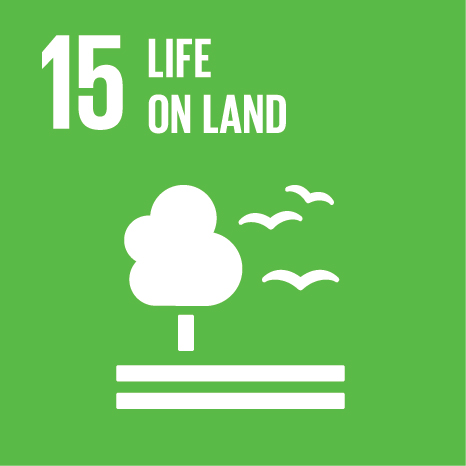Ciência_Iscte
Publications
Publication Detailed Description
Journal Title
Public Understanding of Science
Year (definitive publication)
2016
Language
English
Country
United Kingdom
More Information
Web of Science®
Scopus
Google Scholar
This publication is not indexed in Overton
Abstract
This article examines how residents in Natura 2000 sites in Southern Portugal ‘imagine themselves’ as publics participating in biodiversity conservation. Through nine focus groups (n = 49) it seeks to understand whether and how these self-imaginations reproduce and/or resist experts’ highly shared, hegemonic, representations across two dimensions: the epistemic and the normative. Analysis of the groups’ discussions shows that (1) reproduction is clearer in the normative dimension, conveyed through discursive formats that place ‘people’ as its actor and exempt the Ego from it; (2) resistance is clearer in the epistemic dimension, relying on vibrant claims of local knowledge, yet it can be maintained as hidden discourse; (3) the forms of reproduction or resistance that emerged were hybrid ones; and (4) self-imaginations are more fragmented and negative in normative matters and more unified and positive in epistemic matters. We discuss how these findings help understand how hegemonic representations are maintained/resisted in enduring public–expert relations.
Acknowledgements
--
Keywords
Hegemony,Interaction experts/publics,Lay expertise,Public participation,Resistance,Social representations
Fields of Science and Technology Classification
- Media and Communications - Social Sciences
Funding Records
| Funding Reference | Funding Entity |
|---|---|
| LIFE07NAT/P/654 | Comissão Europeia |
| UID/PSI/03125/2013 | Fundação para a Ciência e a Tecnologia |
Contributions to the Sustainable Development Goals of the United Nations
With the objective to increase the research activity directed towards the achievement of the United Nations 2030 Sustainable Development Goals, the possibility of associating scientific publications with the Sustainable Development Goals is now available in Ciência_Iscte. These are the Sustainable Development Goals identified by the author(s) for this publication. For more detailed information on the Sustainable Development Goals, click here.

 Português
Português


